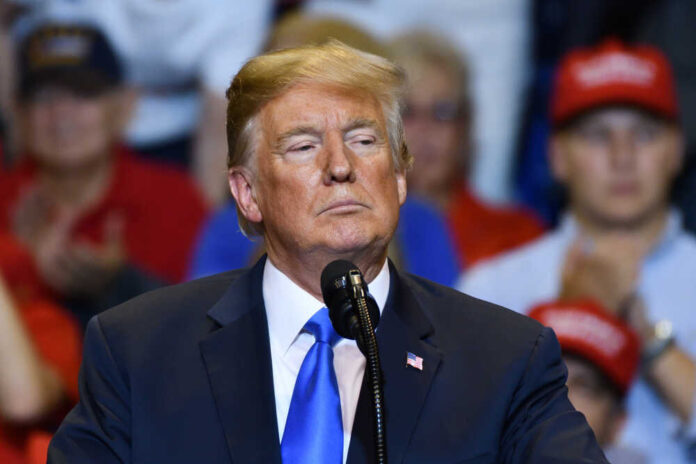
The United States Supreme Court has ordered Texas to stop enforcing its contentious immigration law, which allows state officials the authority to arrest and deport migrants, following its recent unanimous decision to keep former President Donald Trump on the Colorado state ballot.
The Texas law was supposed to go into force this coming Saturday after a judgment by the Fifth Circuit Court of Appeals overturned a lower court judge’s decision to halt it.
Justice Samuel Alito of the United States Supreme Court has ordered that the Texas law will not go into effect until March 13. A pause is being instituted to give the Supreme Court more time to consider whether or not to allow Texas to execute its immigration policy.
The relevant statute, S.B. 4, was signed into law by Texas Gov. Greg Abbott in December 2023. According to the new law, illegally crossing the border is now considered a state misdemeanor. Additional felonies may be levied upon repeat offenders. Judges can now direct convicted unlawful border crossers to depart for Mexico, and police can be authorized to abandon them at the border.
Concerned civil rights organizations have spoken out against Texas’s efforts to forge its path on immigration.
In prior cases, the Supreme Court has limited the authority of individual states to engage in immigration enforcement. Its most notable 2012 decision invalidated portions of an Arizona statute that had made it criminal for individuals not to possess proper immigration documentation and permitted authorities to detain anyone suspected of being an illegal immigrants without a warrant.
Everyone, in their unique way, is processing the Supreme Court’s decision yesterday to keep Trump on the ballot. No doubt Trump himself was pleased by the court’s unanimous decision that states cannot remove federal candidates from the ballot because they were involved in “insurrection.”
The court’s verdict did not satisfy everyone.
According to less extreme leftist observers, the ruling sends a message about the courts’ readiness to discipline Trump in general.













